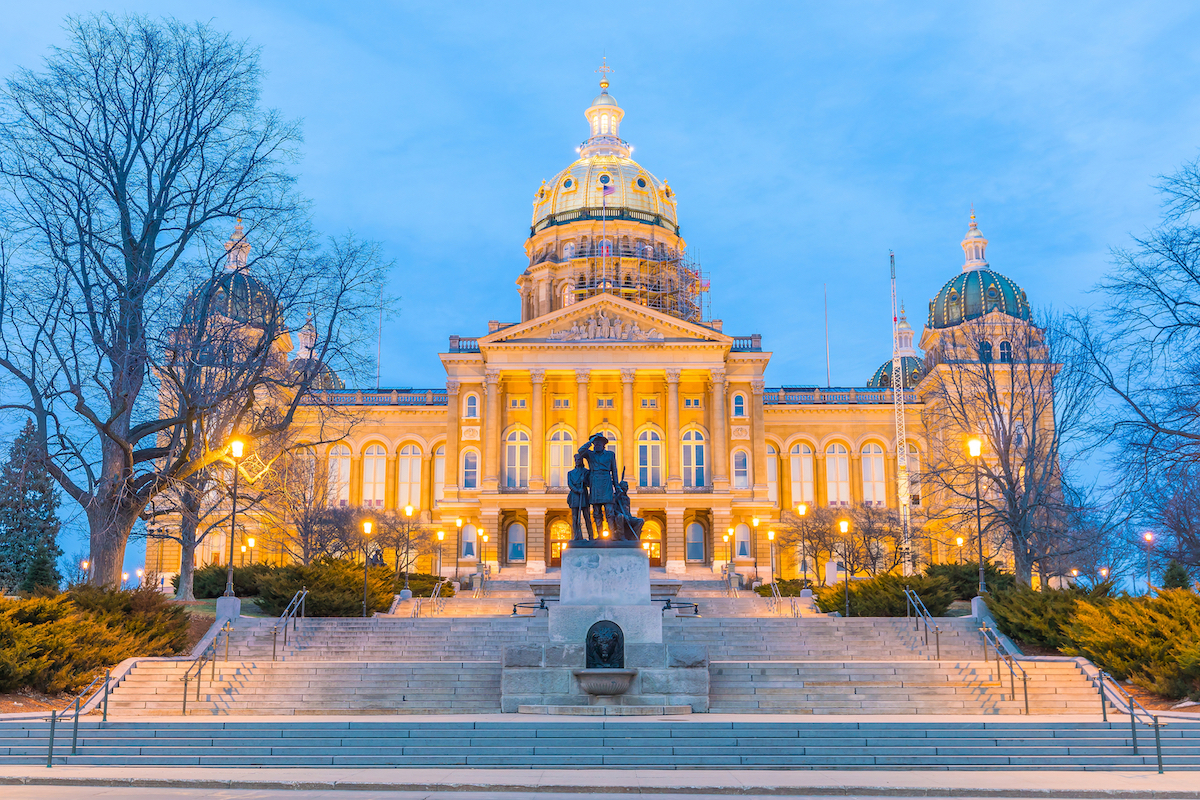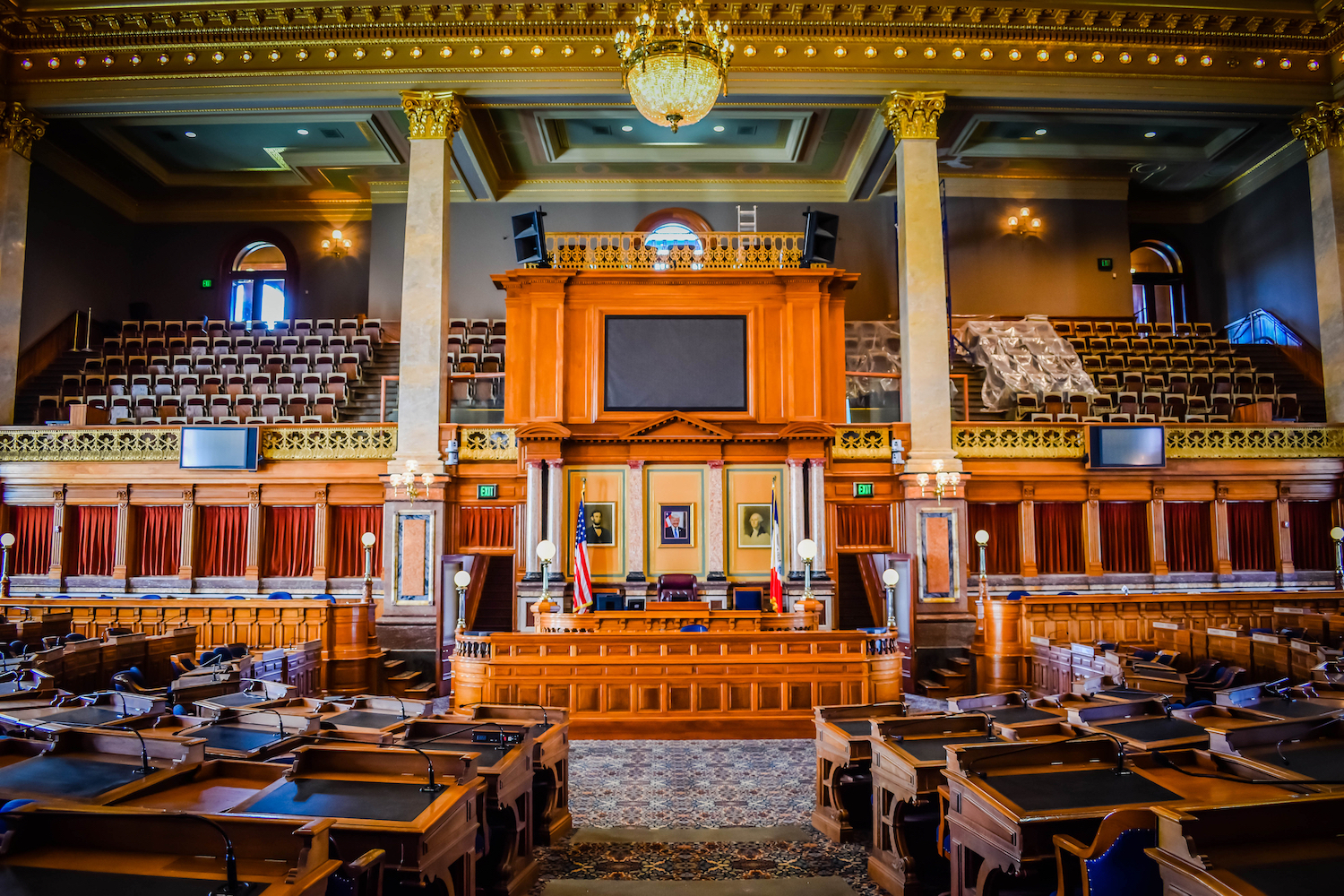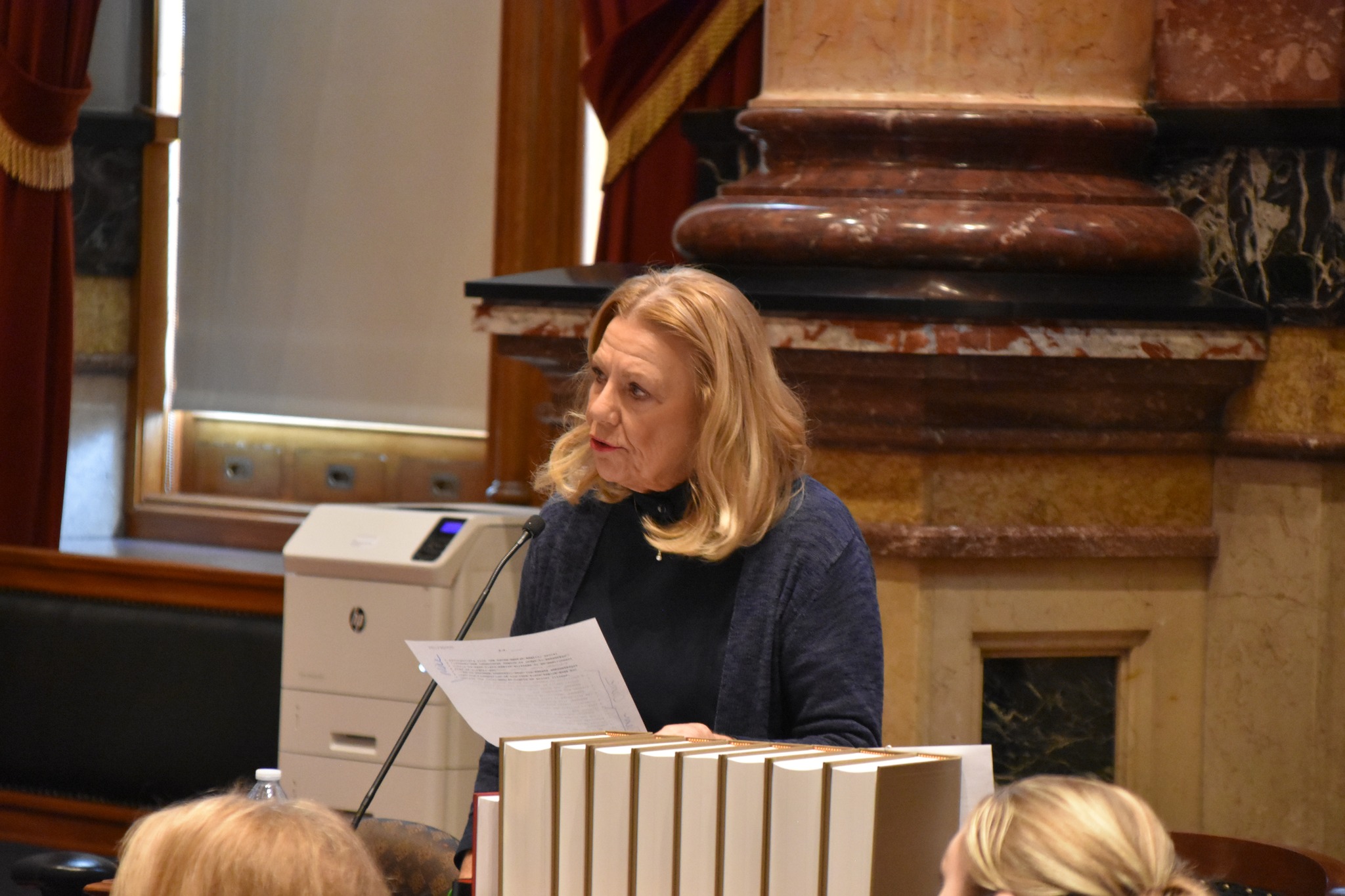Third in a series on the new Iowa law that removed legal protection against discrimination for transgender and nonbinary Iowans, as well as any path for the state to officially recognize their gender identity.
Given the choice, most legislators will not cast a potentially career-ending vote—especially when they know the outcome isn’t riding on their decision.
But on February 27, five Republican members of the Iowa House voted against Senate File 418, the bill that laid the groundwork for future discrimination against transgender Iowans and others. A sixth GOP lawmaker (who left the capitol during the floor debate) later put a note in the House Journal to confirm he would have voted no.
These lawmakers come from different political backgrounds but have a couple of things in common. All represent heavily Republican areas, not swing districts—which means they are at greater risk of losing to a GOP primary challenger than to a Democrat in a general election. In addition, all have opposed at least one other high-profile bill the House approved during the past few years.
This post is mostly about the six Republicans who took a public stand against Senate File 418. I also discuss eight of their colleagues, who signaled they were uncomfortable with discrimination against transgender Iowans but eventually fell in line.
Continue Reading...








